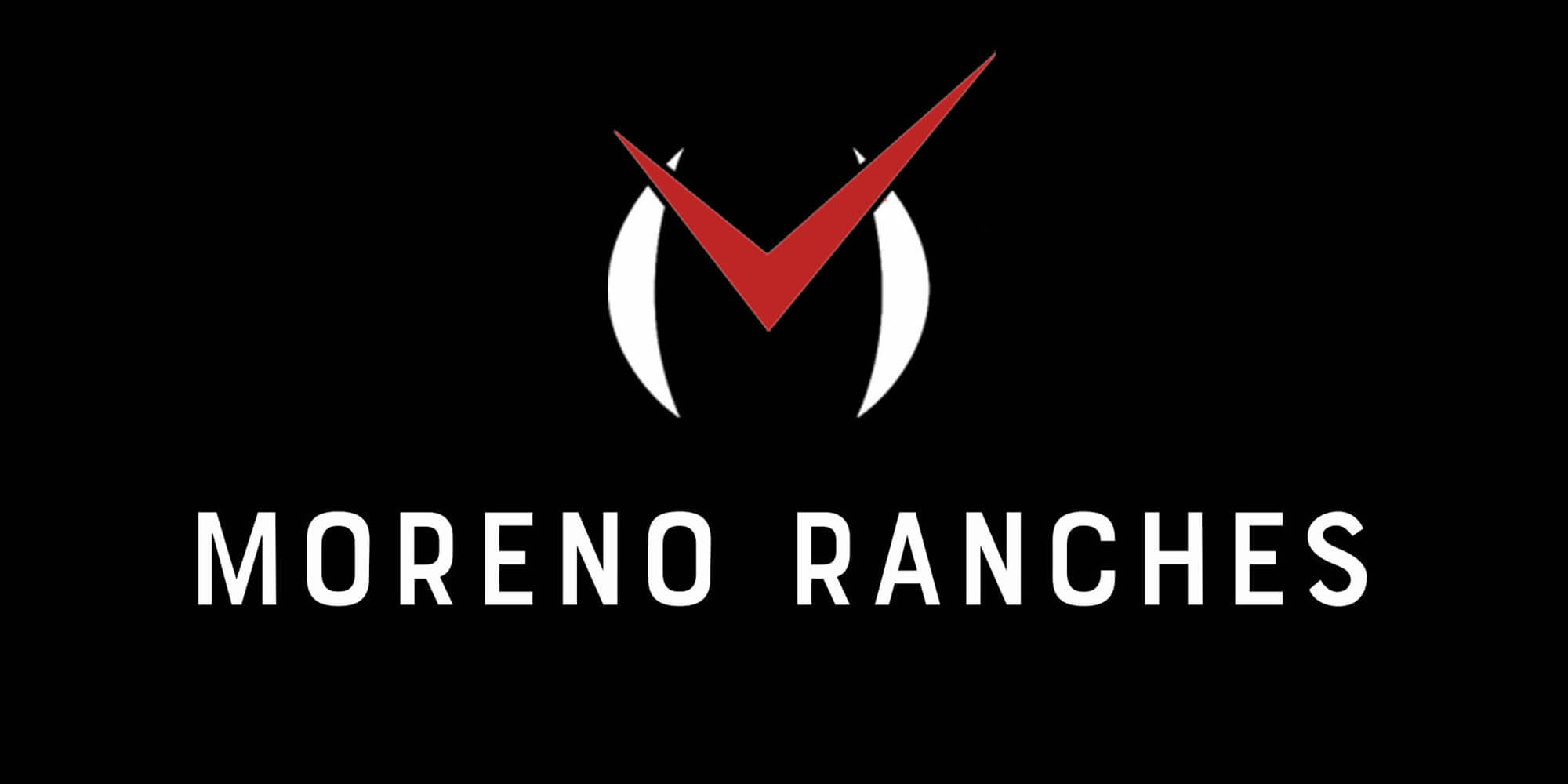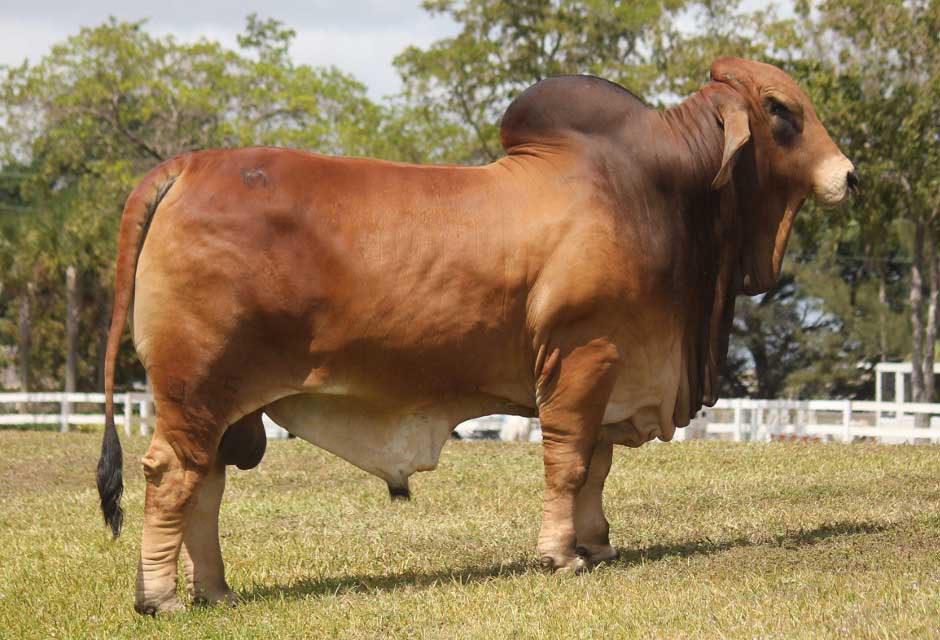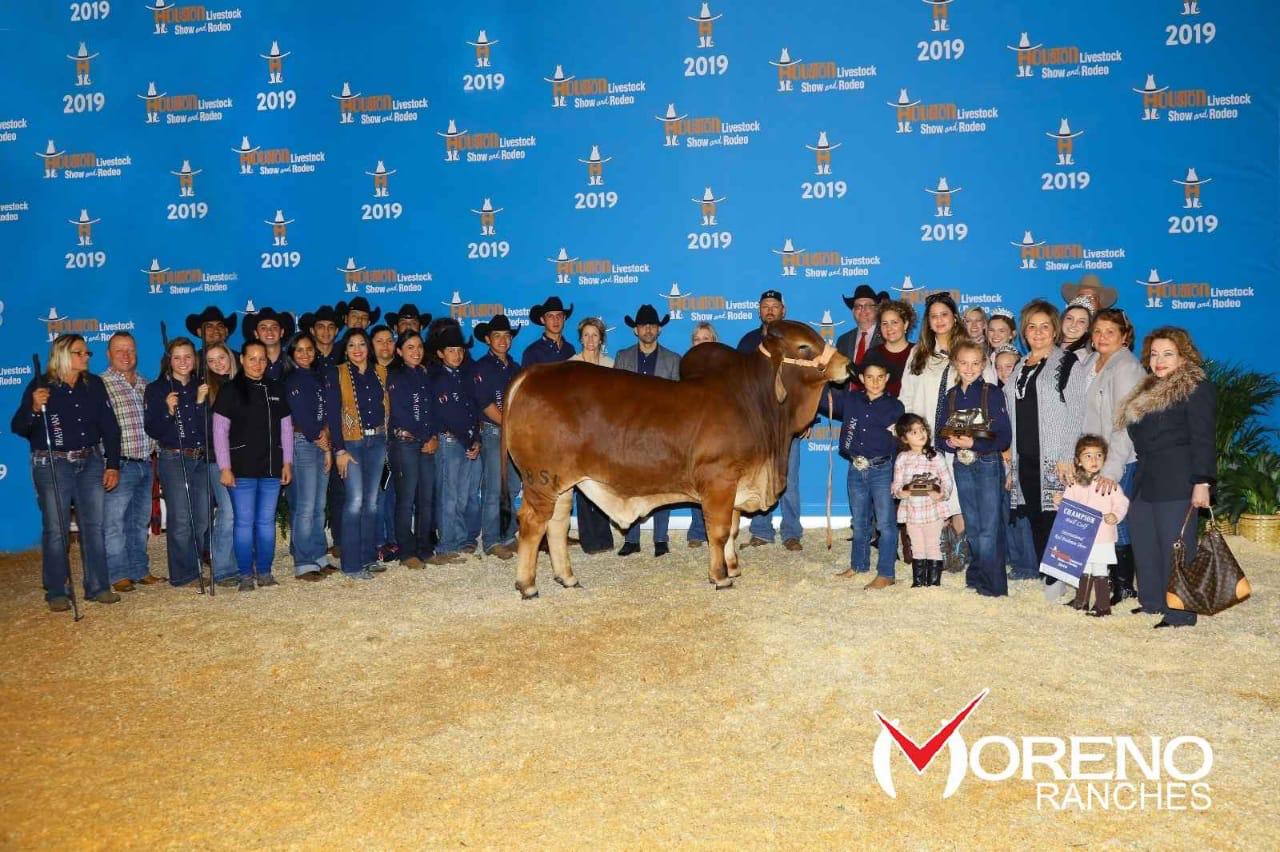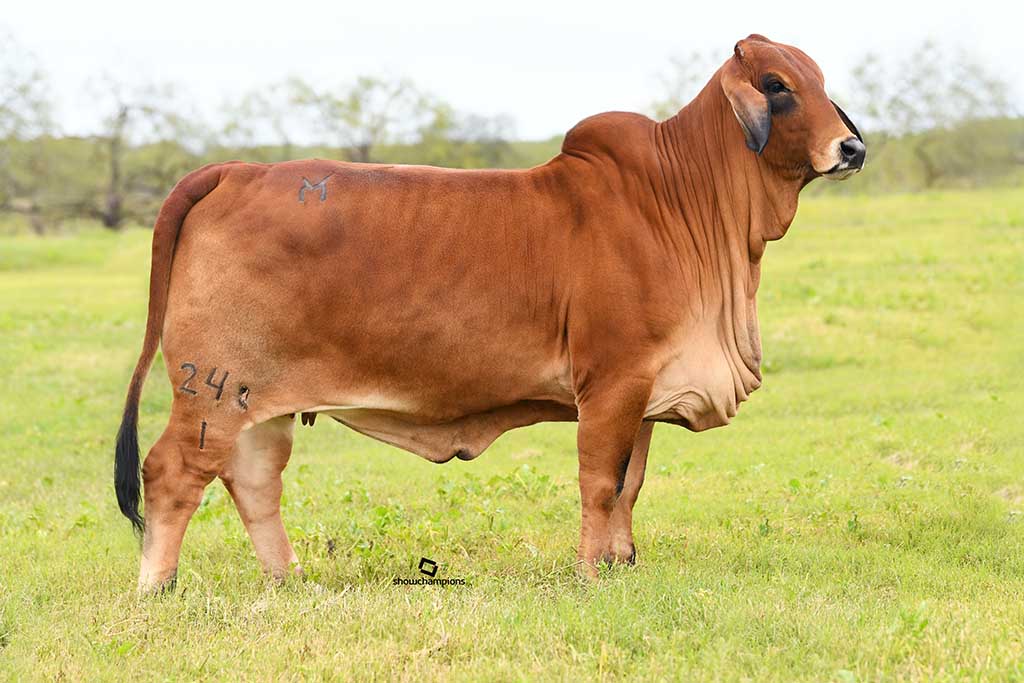Claudia Vallecillo was born in La Ceiba, Honduras. This town has a privileged location on the north coast of Honduras surrounded by four protected areas and graced by the Caribbean Sea. While her parents migrated from one of the most rural parts of the country to a tropical destination, the love for livestock stayed embedded in her. This is one of the main reasons she enrolled in the University of Zamorano. She explains that her love for agronomy started out with her mother, who also happens to have studied agronomy in her school years, and her father who worked in the Dole pineapple farms just outside of town as manager for materials and supplies. Her parents focused every day to stay true to their roots. In her high school years, she studied at Mazapan Bilingual School, the first bilingual school in the country founded in 1928 by the Standard Fruit Company, now Dole. This school was founded to help keep expatriate employees who were very valuable and whose children, because of the lack of an American-style school, had to be sent away to boarding schools. Claudia was known for being an active member of the Leadership Club, participating in various model United Nations simulations nationally and internationally. She had one of the best English scores and was often described as decisive, witty, independent, resourceful and optimistic.
 Being the oldest of three siblings, she was faced with a tough task when deciding upon a career choice that would not only give her the chance to help her family, but also had space for innovation and growth. She was constantly battling between international relations, aviation and agronomy and was pushed into choosing a career that was more “feminine” due to the strong gender roles that were very present in the rural areas where her extended family was from. She decided that she would study agronomy just like her mother because, not only was it a career close to her heart and humbling, but because it had a lot of space for modernization and improvement and it was challenging. She explains that the idea of knowing that you can do something to change the course of an entire industry that feeds the growing population is fulfilling. In college, she was an active member of the equestrian club, the English reading club, and was a tutor for English and grammar since freshman year.
Being the oldest of three siblings, she was faced with a tough task when deciding upon a career choice that would not only give her the chance to help her family, but also had space for innovation and growth. She was constantly battling between international relations, aviation and agronomy and was pushed into choosing a career that was more “feminine” due to the strong gender roles that were very present in the rural areas where her extended family was from. She decided that she would study agronomy just like her mother because, not only was it a career close to her heart and humbling, but because it had a lot of space for modernization and improvement and it was challenging. She explains that the idea of knowing that you can do something to change the course of an entire industry that feeds the growing population is fulfilling. In college, she was an active member of the equestrian club, the English reading club, and was a tutor for English and grammar since freshman year.
Her love for the Brahman cattle came at a very young age. She always noticed how cattle, especially dairy, back in the rural areas were always a crossbreed between Bos taurus cattle (with an ability to produce large quantities of milk) and Bos indicus cattle (with adaptability to tropical conditions). It baffled her how people would spend so much time and resources trying to get an animal that would be competent in the environment that was set. She realized that if you could get fully purebred animals, the process would be a lot smoother. Her fascination for the Bos indicus cattle like Gyr or Brahman comes from the fact that they were chosen to give the new generation strength in the north coast of Honduras. She developed a deep respect for the breed and acknowledges that importance of these animals for the everyday agronomer in tropical conditions.
When introduced to Moreno Ranches she did not hesitate to decide that this is the kind of ranch she wants to be a part of. The fact that the ranch has specialized in a breed, and the services and products the ranch offers to the general public, provides just the type of innovation and learning challenge she longed for. She stresses how lucky she feels to be a part of the internship program.



